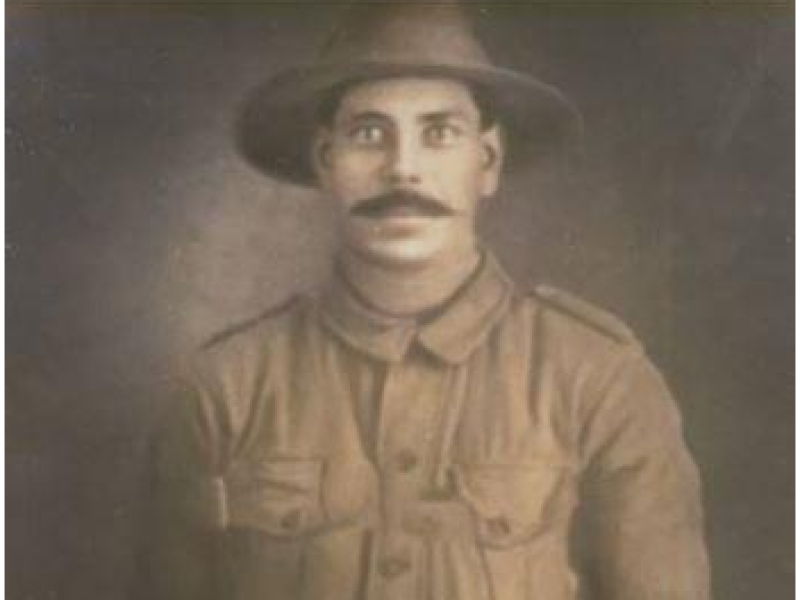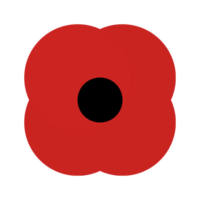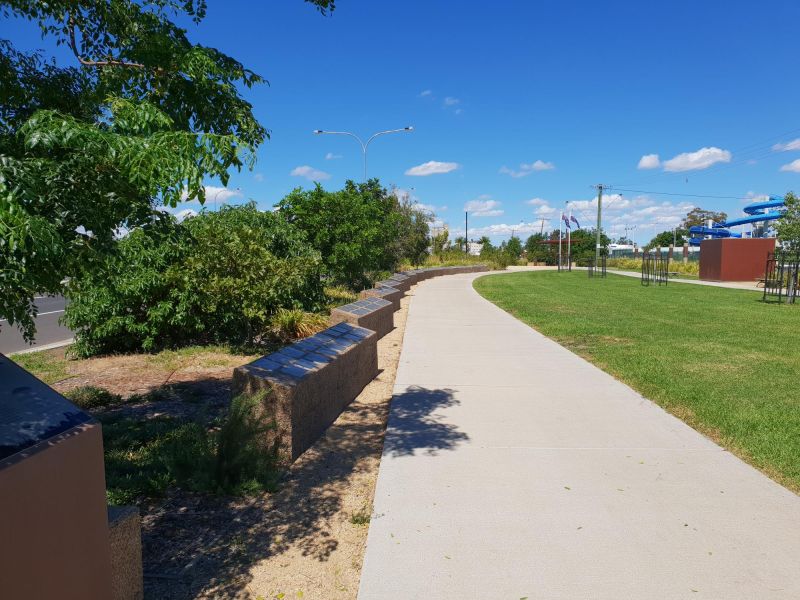Private William Allan Irwin DCM, 33rd Battalion
William Allan Irwin was a remarkable man. A gun shearer, a crack shot, and a much loved son and brother, he went off to the war at the age of 37. He single-handedly captured three separate machine-gun posts before giving his life for a country that didn’t recognise him as a citizen.
The only Aboriginal identified by Charles Bean in the Official History of Australia in the First World War, Private Irwin was awarded the Distinguished Conduct Medal for his “magnificent gallantry” during the battle of Mont St Quentin. But until recently, his story of courage and bravery was largely unknown.
For Irwin’s nephew, Merv Allan, it’s a tragic story that needs to be told.
“My father Harry was his brother, but dad never talked much about it,” Merv said. “He told me he was a real hell-raiser and that he used to walk up to the mirror, and that he used to say, ‘Who’s that there big gun shearer?’ And I reckon he was…
“But I only knew little bits and pieces, and what I’d been told by my mother … None of them talked much about the war because they didn’t like the war much, and that’s why the old fella chased him.”
The son of William Allan of the Gomeroi Nation and Eliza Allan, William Allan Irwin was born William Allan on 3 July 1878 on Burra Bee Dee Aboriginal Mission Station, in the Piligia region near Coonabarabran in country New South Wales.
Known to family and friends as Bill, Irwin worked as a shearer with his brothers, Harry and Jack, and travelled throughout northern New South Wales and southern Queensland, until a broken heart changed everything.
“The three brothers were going to marry three sisters, and they went away shearing, and when they came back he found his woman had married another man,” Merv said. “He was heartbroken, and had been jilted in love, so he joined the army, and off he went.”
His brothers tried to talk him out of it but he was determined to go, enlisting as William Allan Irwin at Narrabri on 3 January 1916. Some say he took the name Irwin from an uncle or another one of his relatives, but Merv believes otherwise.
“He changed his name only because he went to the war,” Merv said. “And I’m pretty sure his second name was Irwin, and that he just used the second name instead of his surname. He just swapped the two of them around.”
Merv’s nephew, and Irwin’s great nephew, Vic Porter, remembers being told that Irwin was a “very good rifleman” and that he was determined to fight for his country.
Claire Hunter, Memorial writer
- Australian War Memorial https://www.awm.gov.au/articles/blog/william-allan-irwin

 Australian War Memorial
Australian War Memorial